
Las Tablas: Panama's Heart of Tradition and Festivity
Las Tablas, nestled in the Azuero Peninsula of Panama, is a vibrant city known for its rich cultural heritage and lively festivals. As the epicenter of Panamanian folklore, Las Tablas offers visitors a unique glimpse into the traditions and customs that define this Central American nation. The city is most famous for its grand Carnival celebrations, which attract thousands of visitors each year. Streets are filled with colorful parades, traditional dances, and music, creating an unforgettable spectacle of joy and unity. Beyond the Carnival, Las Tablas is a treasure trove of historical and cultural experiences. The city is home to beautiful colonial architecture, charming plazas, and the iconic Church of Santa Librada. Visitors can stroll through the streets, soaking in the atmosphere and enjoying local crafts and cuisine. The nearby beaches, such as Playa Uverito and Playa El Rompio, offer serene escapes with stunning views of the Pacific Ocean. Las Tablas is also a gateway to exploring the Azuero Peninsula's natural beauty. The region is dotted with rolling hills, lush forests, and picturesque countryside. Whether you are interested in hiking, bird-watching, or simply relaxing in nature, Las Tablas serves as an ideal base for your adventures. The warmth and hospitality of the locals add to the charm, making every visitor feel welcomed and at home.
Local tips in Las Tablas
- Visit during Carnival in February to experience the city's most vibrant celebration.
- Explore the Church of Santa Librada, an important historical and cultural landmark.
- Take day trips to nearby beaches like Playa Uverito for a relaxing coastal experience.
- Try local dishes such as 'sancocho' and 'arroz con pollo' at local eateries.
- Engage with the friendly locals to learn more about their traditions and customs.
- Consider renting a car for easier access to the surrounding countryside and attractions.
Las Tablas: Panama's Heart of Tradition and Festivity
Las Tablas, nestled in the Azuero Peninsula of Panama, is a vibrant city known for its rich cultural heritage and lively festivals. As the epicenter of Panamanian folklore, Las Tablas offers visitors a unique glimpse into the traditions and customs that define this Central American nation. The city is most famous for its grand Carnival celebrations, which attract thousands of visitors each year. Streets are filled with colorful parades, traditional dances, and music, creating an unforgettable spectacle of joy and unity. Beyond the Carnival, Las Tablas is a treasure trove of historical and cultural experiences. The city is home to beautiful colonial architecture, charming plazas, and the iconic Church of Santa Librada. Visitors can stroll through the streets, soaking in the atmosphere and enjoying local crafts and cuisine. The nearby beaches, such as Playa Uverito and Playa El Rompio, offer serene escapes with stunning views of the Pacific Ocean. Las Tablas is also a gateway to exploring the Azuero Peninsula's natural beauty. The region is dotted with rolling hills, lush forests, and picturesque countryside. Whether you are interested in hiking, bird-watching, or simply relaxing in nature, Las Tablas serves as an ideal base for your adventures. The warmth and hospitality of the locals add to the charm, making every visitor feel welcomed and at home.
When is the best time to go to Las Tablas?
Iconic landmarks you can’t miss
Belisario Porras Park
Explore the lush landscapes and vibrant culture of Belisario Porras Park in Las Tablas, a tranquil retreat for nature lovers and cultural enthusiasts alike.
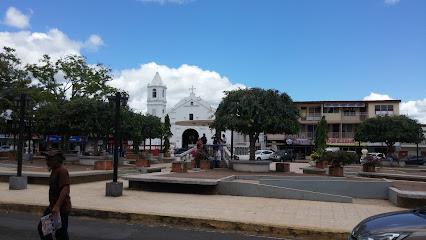
Playa El Uverito
Experience the tranquil beauty of Playa El Uverito, a hidden paradise in Los Santos, Panama, perfect for relaxation and adventure.
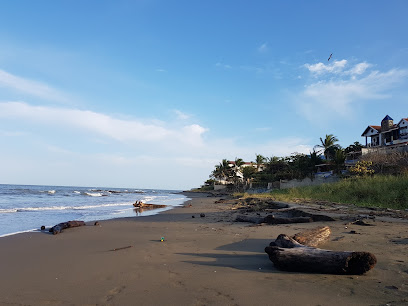
Hotel Presidente
Discover comfort and local culture at Hotel Presidente in Las Tablas, the perfect base for your Panamanian adventure.
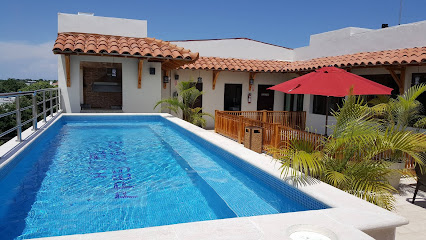
Playa Las Comadres
Experience the tranquility and natural beauty of Playa Las Comadres, a serene beach in Los Santos Province perfect for relaxation and exploration.
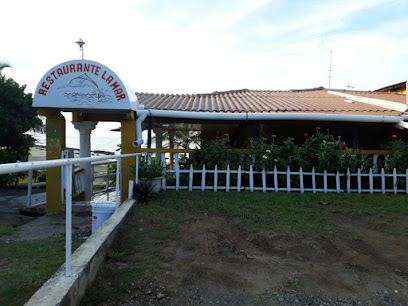
Church of Santa Librada
Discover the beauty and history of the Church of Santa Librada in Las Tablas, a perfect blend of culture and tranquility in Panama.
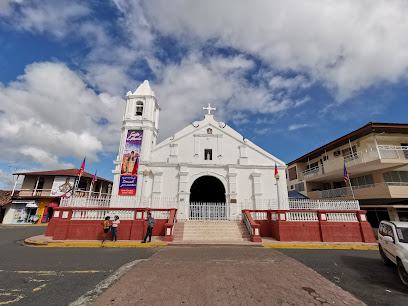
Piamonte
Discover Piamonte in Las Tablas, where comfort meets local culture in a cozy hotel retreat, perfect for exploring the heart of Los Santos Province.
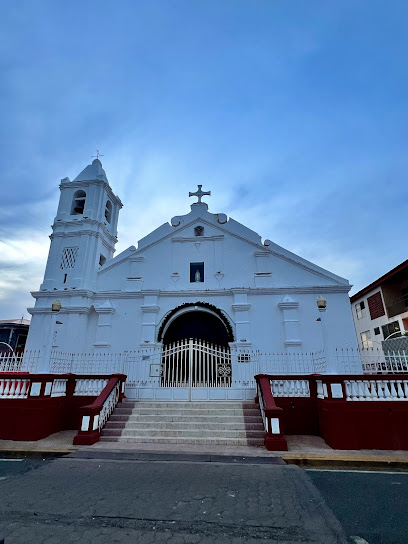
paraiso del mar
Discover the authentic tastes of Panama at Paraiso del Mar, a must-visit restaurant in Las Tablas offering a vibrant culinary experience.
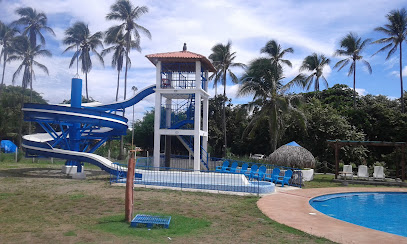
St. Athanasius Church
Experience peace and history at St. Athanasius Church, a captivating Catholic landmark in La Villa de Los Santos, rich in culture and stunning architecture.
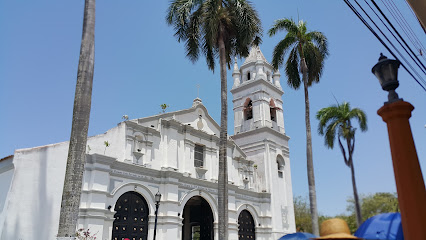
Hotel Pacheco
Discover the charm of Las Tablas at Hotel Pacheco, where comfort meets local culture in the heart of Panama's vibrant Los Santos Province.

Buses Las Tablas - Chitré -Coopertiva de Transporte Azuerense R.L
Experience seamless travel with Buses Las Tablas, your reliable transportation service connecting Las Tablas and Chitré in beautiful Los Santos Province.
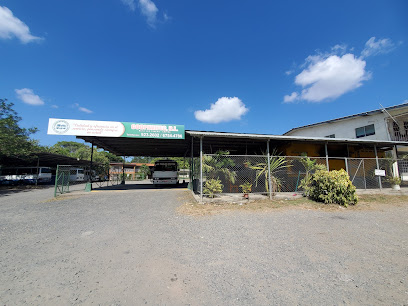
Finca Pausílipo
Uncover the cultural treasures of Panama at Finca Pausílipo, a museum that celebrates the region's rich history and heritage.
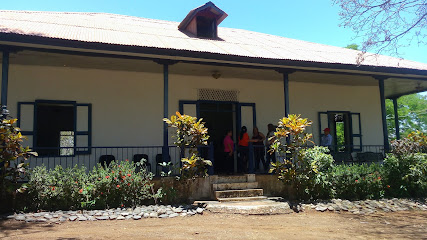
Museo Belisario Porras
Explore the heart of Panama's heritage at Museo Belisario Porras, a captivating museum celebrating culture and history.
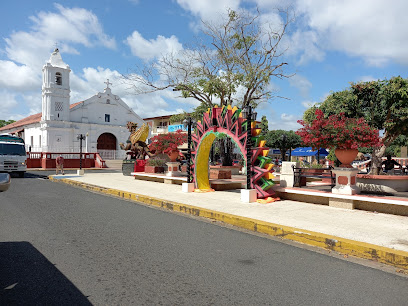
La palma de las tablas
Explore La Palma de las Tablas, a historical landmark in Panama, rich in culture and surrounded by breathtaking natural beauty.
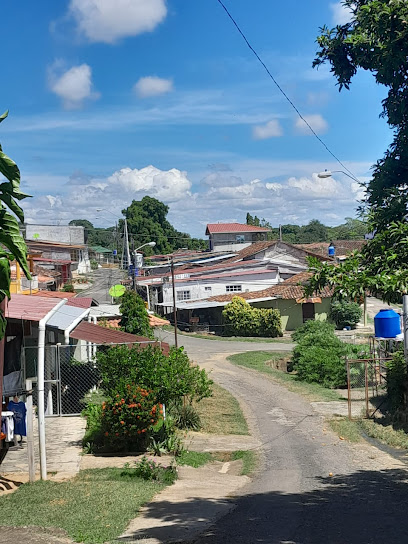
Hotel Casa de Quincha
Discover the charm of Las Tablas at Hotel Casa de Quincha, where comfort meets local culture in the heart of Los Santos Province.
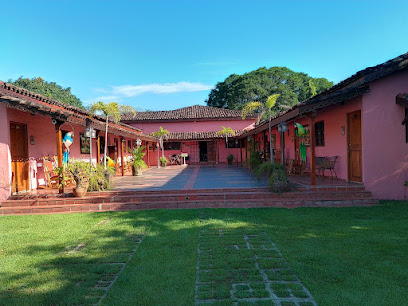
The Tables Street
Explore the serene beauty of The Tables Street in Pocrí, a scenic spot perfect for nature lovers and photography enthusiasts in Coclé Province.
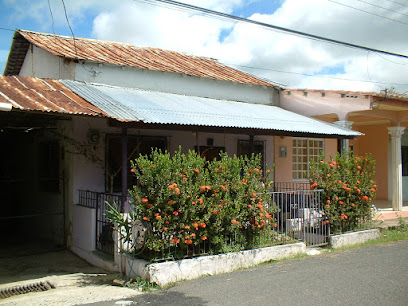
Unmissable attractions to see
Playa El Uverito
Experience the tranquil beauty of Playa El Uverito, a hidden beach paradise in Panama perfect for relaxation, adventure, and unforgettable sunsets.
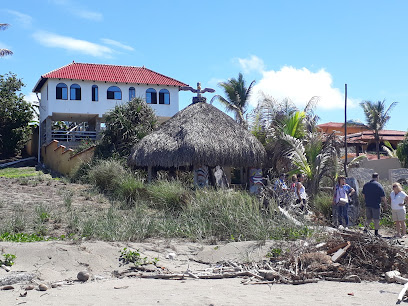
La Bandera Park
Experience the tranquility and vibrant culture at La Bandera Park, Chitré's beloved green oasis filled with lush landscapes and community spirit.
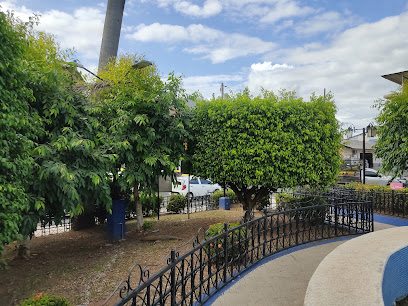
Cerro Canajagua National Park
Discover the breathtaking beauty and diverse wildlife of Cerro Canajagua National Park in Los Santos Province, the ultimate destination for nature lovers.
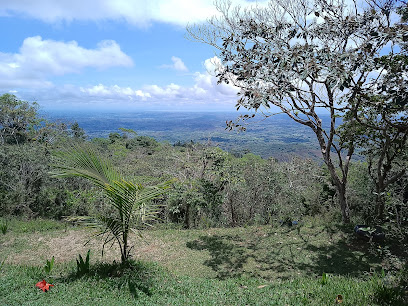
Playa Venao
Experience the natural beauty and adventure of Playa Venao, a stunning beach in Los Santos Province, Panama, perfect for relaxation and water sports.
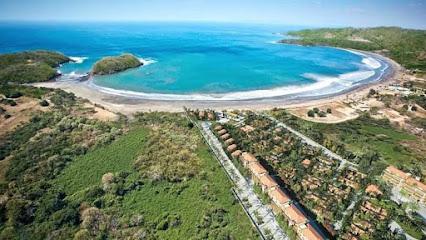
Playa Guánico Abajo
Experience the tranquility of Playa Guánico Abajo, a pristine beach in Los Santos Province, perfect for relaxation and water adventures.
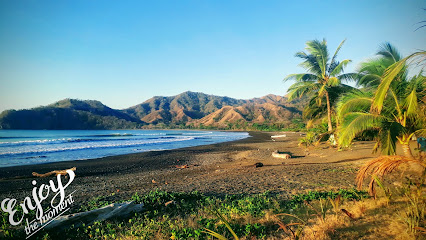
MAC Panamá | Museum of Contemporary Art
Immerse yourself in the rich world of contemporary art at the MAC Panamá, an inspiring museum in the heart of Panama City.
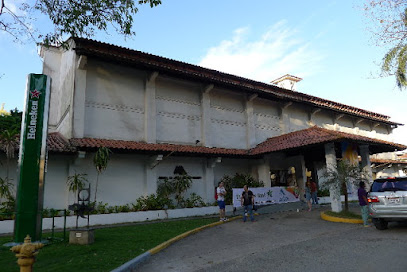
Playa El Puerto de Guararé
Experience the tranquil beauty of Playa El Puerto de Guararé, a stunning beach in Los Santos, Panama, perfect for relaxation and exploration.
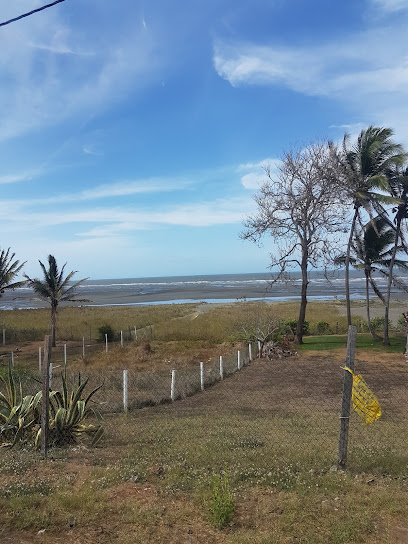
Isla Iguana Wildlife Refuge
Explore the breathtaking Isla Iguana Wildlife Refuge in Los Santos Province, a sanctuary of wildlife and stunning beaches waiting for your discovery.
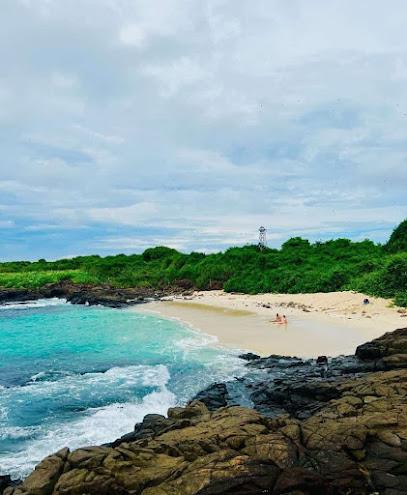
Museo de la Nacionalidad
Explore the heart of Panama's culture at Museo de la Nacionalidad, where history and tradition come alive in La Villa de los Santos.
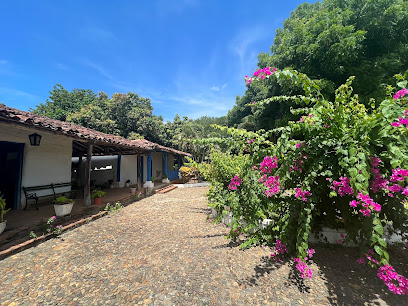
Playa Morrillo
Experience the untouched beauty of Playa Morrillo, a serene beach paradise in Panama's Veraguas Province, perfect for relaxation and adventure.
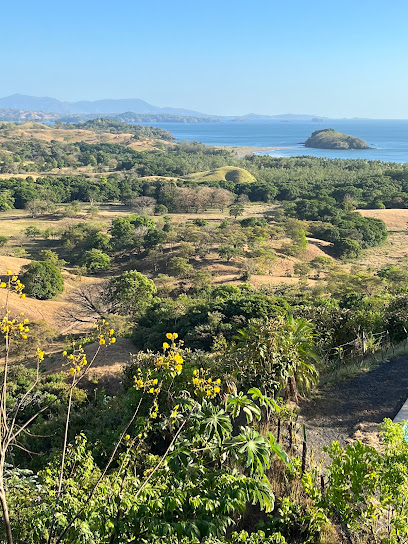
Museo de Herrera
Explore the vibrant culture and history of Panama at Museo de Herrera, a captivating museum in Chitré showcasing rich heritage and artifacts.
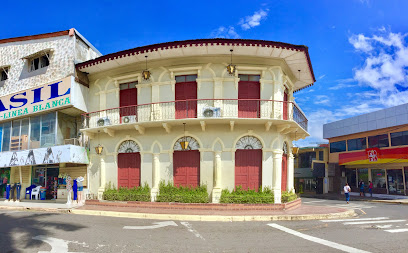
Weil Art Gallery
Explore contemporary art and local culture at Weil Art Gallery in Panama City, a vibrant hub for art lovers and casual visitors alike.
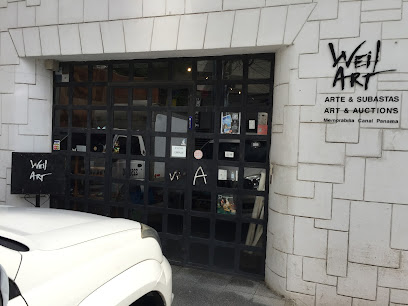
Parador Fotográfico de Las Tablas
Experience breathtaking views at the Parador Fotográfico de Las Tablas, a serene tourist attraction that showcases the stunning natural beauty of Los Santos Province.
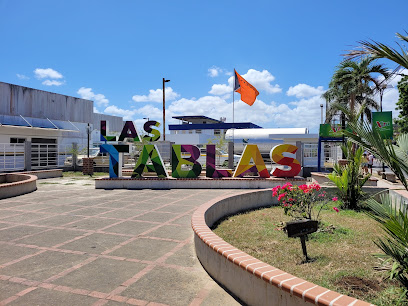
Playa El Rompío
Playa El Rompío: A Tranquil Beach Pavilion with Pristine Sands and Crystal Waters in Panama's Los Santos Province.
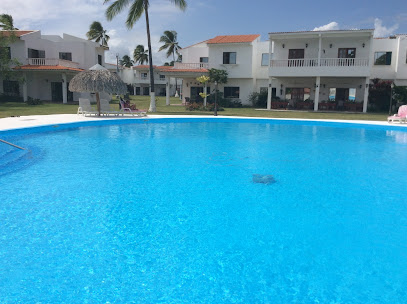
Museo Belisario Porras
Explore the rich history of Panama at Museo Belisario Porras in Las Tablas, where culture and heritage come alive through captivating exhibits.
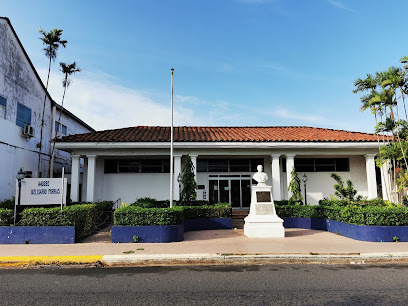
Essential places to dine
Restaurante El Caserón
Discover the taste of Panama at Restaurante El Caserón - where traditional flavors meet warm hospitality in Las Tablas.
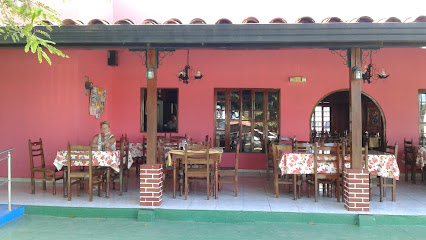
Dolce & Saladito
Experience exquisite Panamanian flavors at Dolce & Saladito in Las Tablas – where every meal is a celebration.
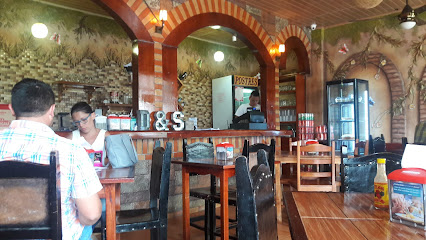
Fonda El Sabor Tableño
Discover the rich flavors of traditional Panamanian cuisine at Fonda El Sabor Tableño in Las Tablas - an affordable gem for food lovers.
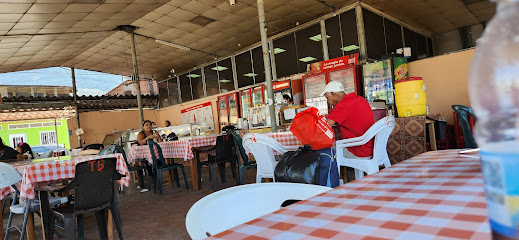
Restaurante Q-charas
Experience authentic Panamanian cuisine at Restaurante Q-charas in Las Tablas - where flavor meets tradition in every dish.
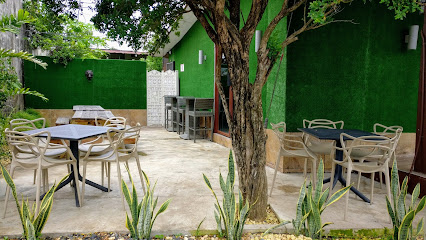
BURGUER HOUSE
Discover the ultimate burger experience at Burguér House in Las Tablas – where local flavors meet gourmet creations.
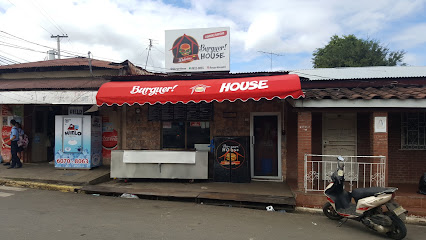
Restaurante Donde Mario's
Experience the authentic flavors of Panama at Restaurante Donde Mario's in Las Tablas - where culinary tradition meets vibrant atmosphere.
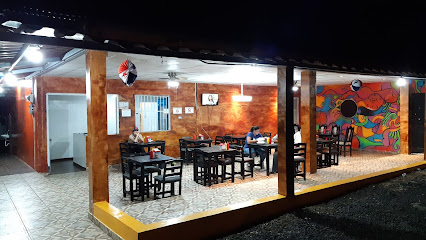
Restaurante Los Faroles
Discover the flavors of Panama at Restaurante Los Faroles in Las Tablas - where every dish tells a story.
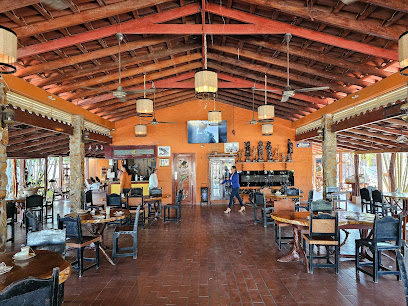
Restaurante Terramar
Experience authentic Panamanian cuisine at Restaurante Terramar in Las Tablas - where fresh ingredients meet traditional flavors.
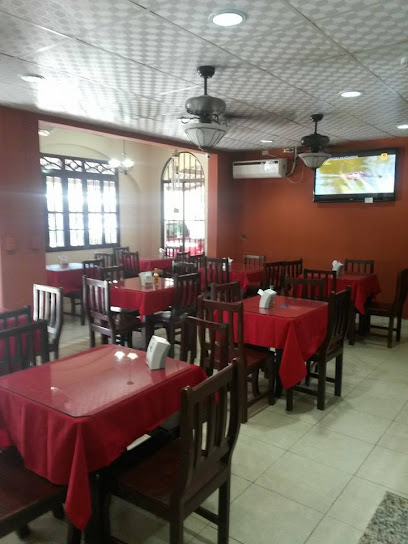
Restaurante Arcoiris
Discover the vibrant flavors of Panama at Restaurante Arcoiris in Las Tablas - where every dish tells a story.
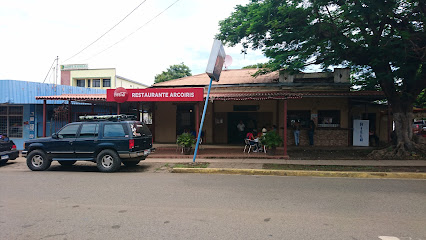
The Garage [Terraza]
Discover The Garage [Terraza], where delicious cuisine meets vibrant ambiance in the heart of Las Tablas.
![The Garage [Terraza]](https://evendo-location-media.s3.amazonaws.com/RestaurantImages/da57bb06-776e-4b6e-8447-ee973961527a)
Restaurante Food House
Experience authentic Panamanian flavors at Restaurante Food House in Las Tablas - where every meal tells a story.
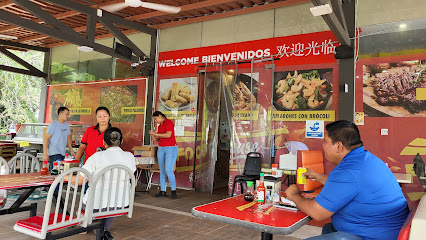
Boquitas Caseras
Discover the authentic flavors of Panama at Boquitas Caseras in Las Tablas - where every dish tells a story.
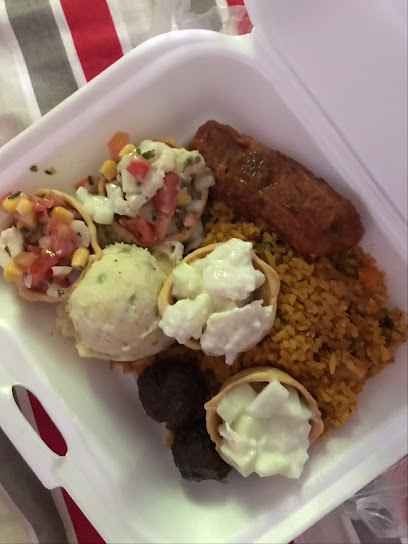
Rustic house
Discover the essence of Panamanian cuisine at Rustic House in Los Santos Province – where every meal tells a story.
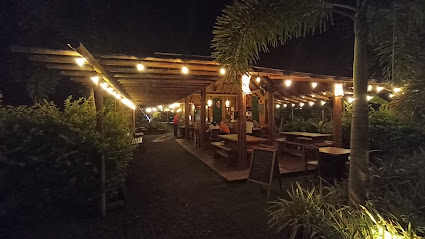
Fonda Milky
Experience authentic Panamanian cuisine at Fonda Milky in Las Tablas - where every dish tells a story.
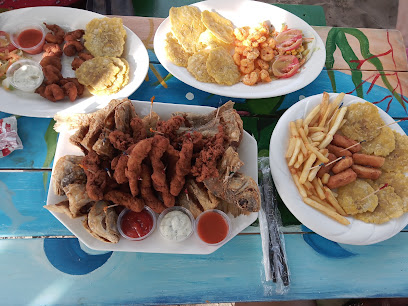
Restaurantes Carbones Grill
Discover authentic Panamanian cuisine at Restaurantes Carbones Grill in Las Tablas - where every meal tells a story.
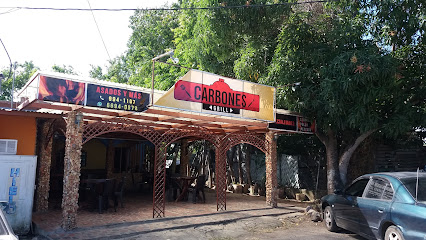
Markets, malls and hidden boutiques
Mini Market | Las Tablas
Explore the vibrant Mini Market in Las Tablas for a true taste of local culture through fresh produce and authentic Panamanian snacks.
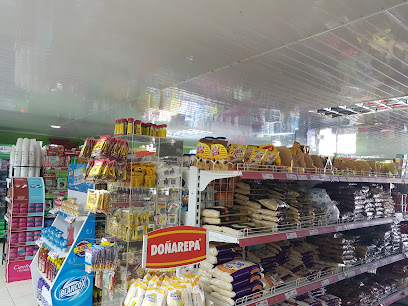
Montana Mall
Experience a unique blend of shopping, dining, and entertainment at Montana Mall, Las Tablas' premier retail destination.
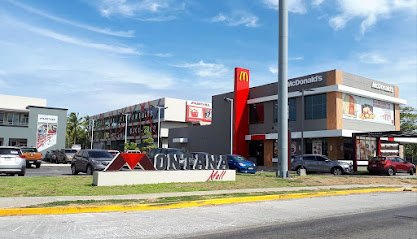
Cheaper Outlet
Discover stylish second-hand treasures at Cheaper Outlet in Las Tablas, where every find tells a story and every price is a bargain.
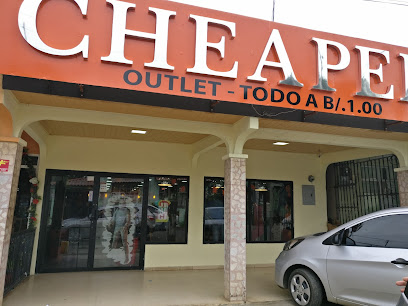
Western Store Panama
Explore vibrant Panamanian fashion at Western Store Panama, where quality craftsmanship meets local style in the heart of Las Tablas.
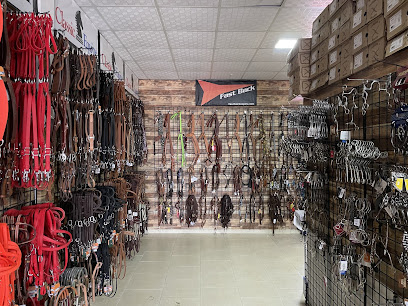
Cheaper | Las Tablas
Discover fashionable clothing at affordable prices in Las Tablas – a local favorite for all your shopping needs.

Diosa Market
Discover the vibrant flavors of Panama at Diosa Market, a local supermarket in Las Tablas offering fresh produce and authentic Panamanian goods.

Artesanal Joyero
Explore the artisan jewelry treasures at Artesanal Joyero in Las Tablas, where local craftsmanship meets cultural heritage.
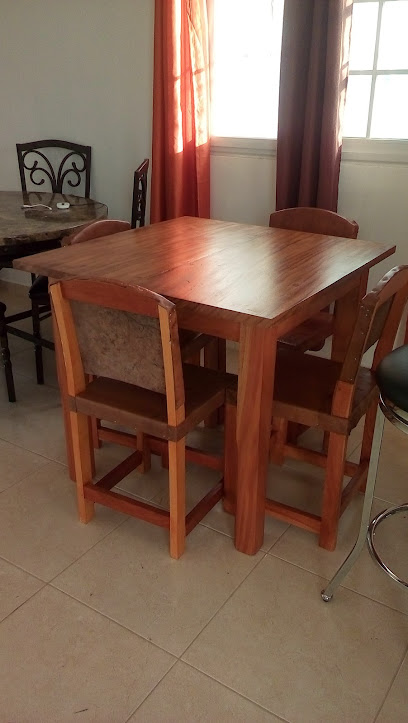
CAELI
Explore CAELI in Las Tablas for unique Panamanian crafts and souvenirs, capturing the vibrant spirit of your travels.

Artesanias Arte y Belleza
Explore the charm of Panamanian fashion at Artesanias Arte y Belleza, where local craftsmanship meets unique style.
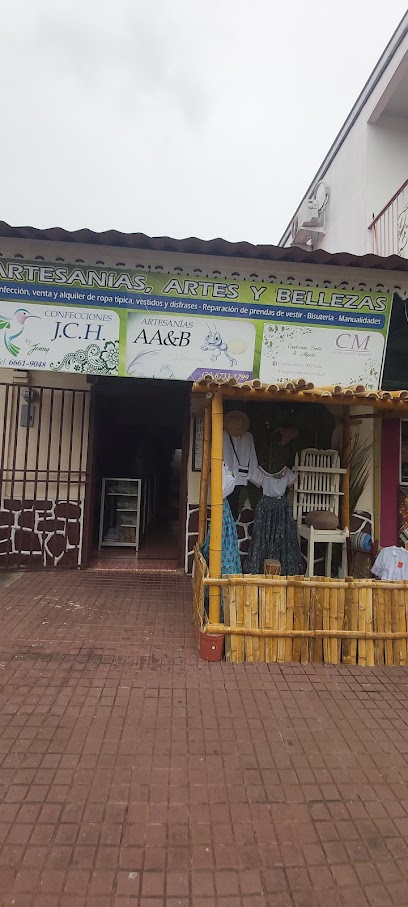
Market Plaza | Las Tablas
Discover the charm of Market Plaza in Las Tablas - a vibrant shopping mall showcasing local crafts, delicious cuisine, and the heart of Panamanian culture.

Atelier Tableño
Explore the vibrant local culture and unique artisanal treasures at Atelier Tableño in Las Tablas, Panama.
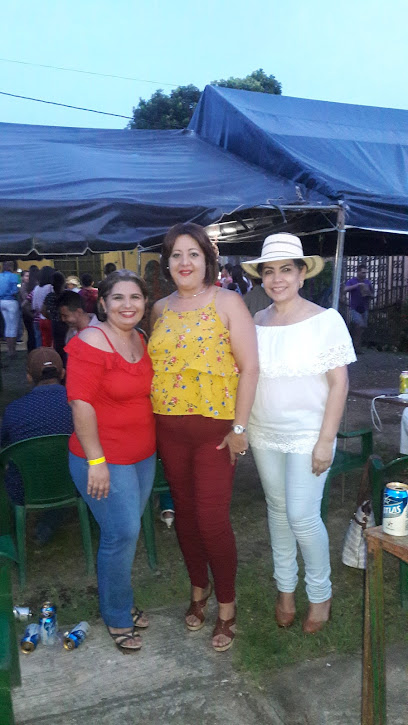
Curiosidades Alfa
Explore Curiosidades Alfa in Las Tablas for a unique blend of local and contemporary fashion, crafting unforgettable memories during your visit.
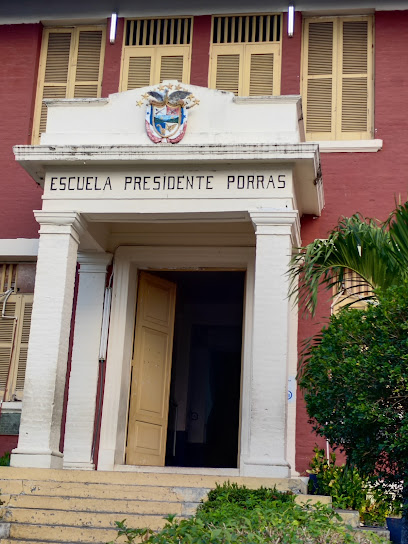
Sala de belleza y boutique Collection
Explore the luxurious beauty supplies at Sala de belleza y boutique Collection, a hidden gem in Las Tablas that promises elegance and expert service.
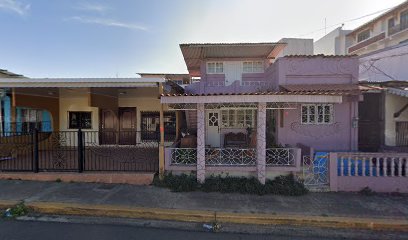
Almacen Zafiro
Discover Almacen Zafiro in Las Tablas - your go-to clothing store for authentic Panamanian fashion and unique local finds.
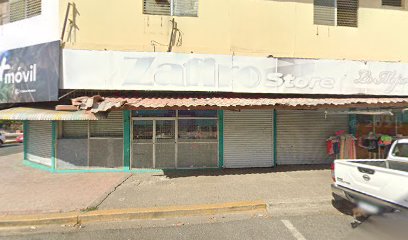
Almacén Status
Explore Almacén Status in Las Tablas for unique clothing that blends local culture with contemporary style in the heart of Panama.
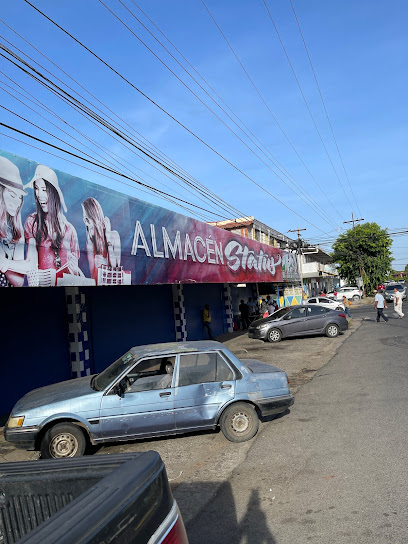
Essential bars & hidden hideouts
Hotel Presidente
Discover luxury and tradition at Hotel Presidente in Las Tablas, where comfort meets Panamanian hospitality amidst stunning views.
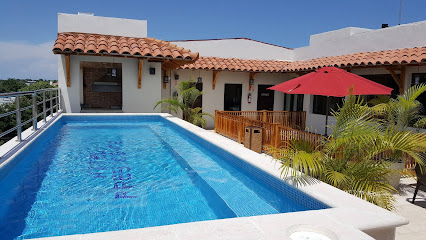
Pizzería Kasa 21
Discover the authentic taste of pizza at Pizzería Kasa 21 in Las Tablas, where fresh ingredients meet warm hospitality for an unforgettable dining experience.
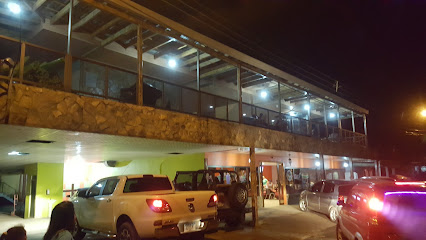
Restaurante El Caserón
Experience the authentic tastes of Panama at Restaurante El Caserón, a culinary haven in Las Tablas offering warm hospitality and delicious dishes.
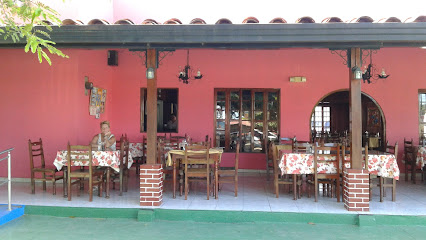
Dolce & Saladito
Discover the flavors of Las Tablas at Dolce & Saladito, where fresh ingredients and vibrant dishes create a memorable dining experience.
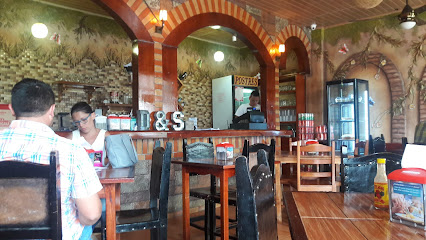
Restaurante Q-charas
Experience the authentic tastes of Panama at Restaurante Q-charas in Las Tablas, where every meal is a celebration of local flavors and hospitality.
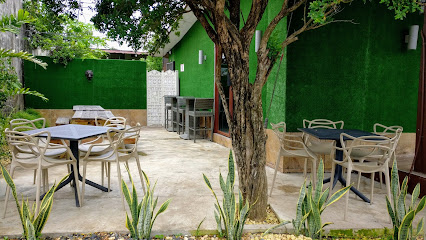
paraiso del mar
Discover the exquisite flavors of Panama at Paraiso del Mar, a culinary haven in Las Tablas offering fresh seafood and traditional cuisine.
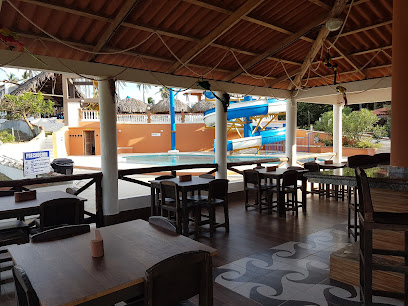
Rincón Del Faro
Savor the flavors of Santo Domingo at Rincón Del Faro, where local ingredients meet international culinary artistry.
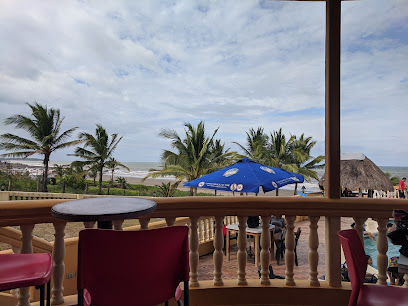
Restaurante Los Faroles
Discover the vibrant flavors of Panama at Restaurante Los Faroles in Las Tablas, where local and international dishes come together in a cozy setting.
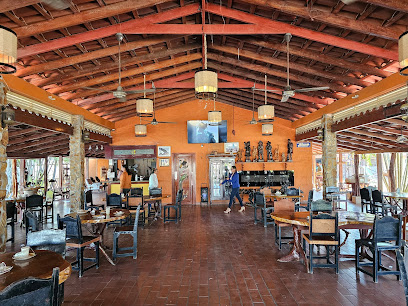
Las Tablas Brewing Co.
Discover the vibrant craft beer scene at Las Tablas Brewing Co., where unique flavors and local hospitality unite in a cozy brewpub atmosphere.
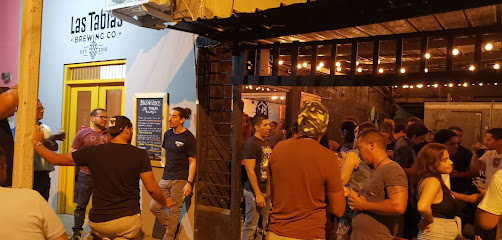
The Garage [Terraza]
Discover the vibrant flavors of Panama at The Garage [Terraza], a culinary gem in Las Tablas offering delicious, affordable dishes in a lively atmosphere.
![The Garage [Terraza]](https://evendo-location-media.s3.amazonaws.com/BarImages/6311dd43-fb9e-422c-9697-a17aec58fb46)
Campo Alegre
Experience the vibrant nightlife and local flavors at Campo Alegre, the premier bar in Las Tablas, Panama.
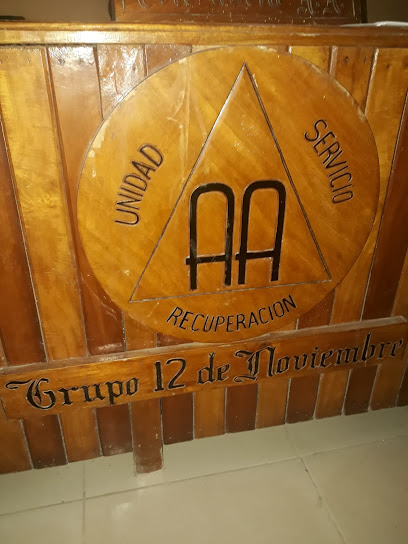
El Trillo Bar & Lounge
Experience the vibrant nightlife of Las Tablas at El Trillo Bar & Lounge, where delicious cocktails and local charm meet.
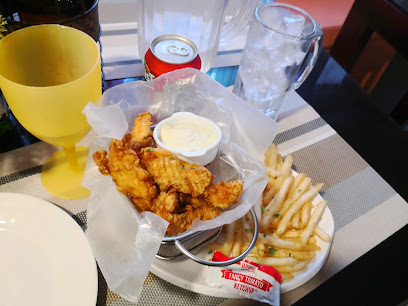
La Molienda
Discover the authentic flavors of Panama at La Molienda, a beloved restaurant in Las Tablas known for its delicious local cuisine and warm ambiance.
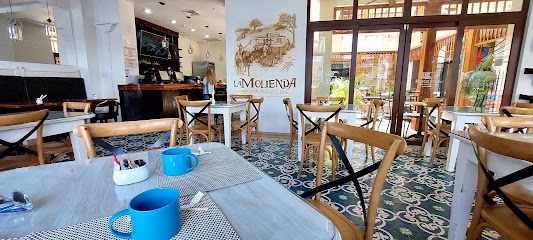
restaurante pizzeria Mamma Pina
Discover the taste of Italy in Las Tablas at Restaurante Pizzeria Mamma Pina, where authentic flavors and a warm atmosphere await.
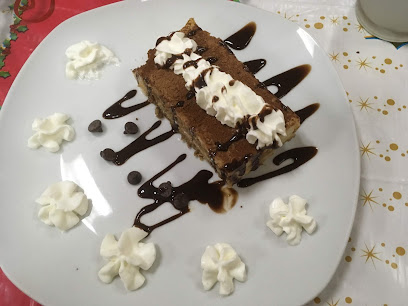
Local Phrases
-
- HelloHola
[oh-lah] - GoodbyeAdiós
[ah-dee-ohs] - YesSí
[see] - NoNo
[noh] - Please/You're welcomePor favor/De nada
[por fah-bor/de nah-dah] - Thank youGracias
[grah-see-ahs] - Excuse me/SorryDisculpe/Perdón
[dee-skool-peh/pehr-dohn] - How are you?¿Cómo estás?
[koh-moh ehs-tahs] - Fine. And you?Bien. ¿Y tú?
[byen. ee too] - Do you speak English?¿Hablas inglés?
[ah-blahs een-glehs] - I don't understandNo entiendo
[noh ehn-tee-ehn-doh]
- HelloHola
-
- I'd like to see the menu, pleaseMe gustaría ver el menú, por favor
[meh goos-tah-ree-ah behr ehl meh-noo, poor fah-bor] - I don't eat meatNo como carne
[noh koh-moh kahr-neh] - Cheers!¡Salud!
[sah-lood] - I would like to pay, pleaseMe gustaría pagar, por favor
[meh goos-tah-ree-ah pah-gahr, poor fah-bor]
- I'd like to see the menu, pleaseMe gustaría ver el menú, por favor
-
- Help!¡Ayuda!
[ah-yoo-dah] - Go away!¡Vete!
[veh-teh] - Call the Police!¡Llama a la Policía!
[yah-mah ah lah poh-lee-see-ah] - Call a doctor!¡Llama a un médico!
[yah-mah ah oon meh-dee-koh] - I'm lostEstoy perdido
[ehs-toy pehr-dee-doh] - I'm illEstoy enfermo
[ehs-toy ehn-fehr-moh]
- Help!¡Ayuda!
-
- I'd like to buy...Me gustaría comprar...
[meh goos-tah-ree-ah kohm-prahr] - I'm just lookingSolo estoy mirando
[soh-loh ehs-toy meer-ahn-doh] - How much is it?¿Cuánto cuesta?
[kwan-toh kwehs-tah] - That's too expensiveEso es demasiado caro
[eh-soh ehs deh-mah-see-ah-doh kah-roh] - Can you lower the price?¿Puedes bajar el precio?
[pweh-dehs bah-har ehl pree-syoh]
- I'd like to buy...Me gustaría comprar...
-
- What time is it?¿Qué hora es?
[keh oh-rah ehs] - It's one o'clockEs la una en punto
[ehs lah oo-nah ehn poon-toh] - Half past (10)Media hora (10)
[meh-dee-ah oh-rah (diez)] - MorningMañana
[mah-nyah-nah] - AfternoonTarde
[tahr-deh] - EveningNoche
[noh-cheh] - YesterdayAyer
[ah-yehr] - TodayHoy
[oy] - TomorrowMañana
[mah-nyah-nah] - 1Uno
[oo-noh] - 2Dos
[dohs] - 3Tres
[trehs] - 4Cuatro
[kwah-troh] - 5Cinco
[seen-koh] - 6Seis
[says] - 7Siete
[syeh-teh] - 8Ocho
[oh-choh] - 9Nueve
[nweh-veh] - 10Diez
[dyehs]
- What time is it?¿Qué hora es?
-
- Where's a/the...?¿Dónde está...?
[dohn-deh ehs-tah] - What's the address?¿Cuál es la dirección?
[kwal ehs lah dee-rehk-syohn] - Can you show me (on the map)?¿Puedes mostrarme (en el mapa)?
[pweh-dehs mohs-trar-meh (ehn ehl mah-pah)] - When's the next (bus)?¿Cuándo es el próximo (autobús)?
[kwan-doh ehs ehl proh-ksee-moh (ow-toh-boos)] - A ticket (to ....)Un boleto (a ...)
[oon boh-leh-toh (ah ...)]
- Where's a/the...?¿Dónde está...?
History of Las Tablas
-
Las Tablas was founded on July 19, 1671, by Spanish settlers. The town's name is said to come from the wooden planks (tablas) used by these early settlers to construct their homes and other buildings. It quickly grew into an important hub for agriculture and trade in the Azuero Peninsula.
-
During the colonial period, Las Tablas prospered as a center for agriculture, particularly for the production of sugarcane, cattle, and other livestock. The fertile lands and strategic location made it an essential part of the Spanish colonial economy in Panama. The town's layout and architectural style reflect Spanish colonial influences, with narrow streets and a central plaza.
-
Las Tablas played a significant role in Panama's fight for independence from Spain in the early 19th century. Local leaders and residents joined forces with other towns in the Azuero Peninsula to support the cause of independence. On November 28, 1821, Panama declared its independence from Spain, and Las Tablas was part of the newly-formed Republic of Gran Colombia.
-
The Thousand Days' War (1899-1902), a civil conflict in Colombia (of which Panama was then a part), had a notable impact on Las Tablas. The town became a refuge for people fleeing the conflict, and its residents were involved in the political and social turmoil of the era. The war's end marked a period of reconstruction and growth for the town.
-
Las Tablas is renowned for its rich cultural heritage, particularly its folklore and traditional festivals. The town is the heart of Panama's Carnival celebrations, which are considered the most vibrant and elaborate in the country. The annual festivities feature parades, traditional dances, music, and elaborate costumes, showcasing the town's cultural vibrancy and community spirit.
-
Las Tablas is famously associated with the pollera, Panama's traditional dress. The town hosts the annual National Pollera Festival, celebrating this iconic garment. The festival includes a parade of women wearing intricately embroidered polleras, demonstrating the craftsmanship and cultural significance of this traditional attire.
-
In recent decades, Las Tablas has continued to grow and evolve while preserving its historical and cultural roots. It remains a vital cultural center in Panama, attracting visitors from around the world to its festivals and historical sites. The town's economy has diversified, but agriculture and artisanal crafts remain essential aspects of local life.
Las Tablas Essentials
-
Las Tablas is located in the Los Santos Province of Panama. The nearest major airport is Tocumen International Airport in Panama City, approximately 250 kilometers away. From Panama City, you can take a domestic flight to Chitré, which is about 30 kilometers from Las Tablas. Alternatively, you can travel by bus from Panama City to Las Tablas, which takes around 4 to 5 hours. Rental cars and private taxis are also available for a more flexible travel option.
-
Las Tablas is a relatively small town, and many of its attractions are within walking distance. For longer trips, local taxis are readily available and reasonably priced. Public buses operate within the town and connect to nearby villages. Renting a car can be a convenient option for exploring the surrounding areas at your own pace. Bicycle rentals are also available for those who prefer a more eco-friendly mode of transportation.
-
The official currency in Panama is the Balboa (PAB), which is pegged to the US Dollar (USD). In practice, the US Dollar is widely used, and both currencies are accepted interchangeably. Credit cards are accepted in most hotels, restaurants, and larger shops, but it is advisable to carry cash for smaller establishments, local markets, and rural areas. ATMs are available in Las Tablas where you can withdraw cash.
-
Las Tablas is generally a safe destination for tourists. However, standard precautions should be taken. Avoid walking alone at night in unfamiliar areas and keep an eye on your belongings in crowded places. While there are no specific high-crime areas targeting tourists, it is always best to stay vigilant and aware of your surroundings. Petty theft can occur, so keep your valuables secure.
-
In case of emergency, dial 911 for immediate assistance. The local police station and medical facilities are available in Las Tablas. It is recommended to have travel insurance that covers medical emergencies. For minor health issues, several pharmacies in the town can provide over-the-counter medications. The regional hospital in Chitré is also available for more serious medical needs.
-
Fashion: Do dress modestly, especially when visiting religious sites. Avoid wearing overly revealing clothing. Religion: Do respect local customs and traditions. Always remove your hat and avoid loud conversations when in churches. Public Transport: Do be polite and give up your seat to elderly passengers. Don't eat or drink on public transport. Greetings: Do greet people with a handshake and a smile. A friendly 'Buenos días' goes a long way. Eating & Drinking: Do try the local cuisine and accept food offerings graciously. Don't refuse hospitality, as it is considered impolite.
-
To experience Las Tablas like a local, visit the local markets where you can buy fresh produce and traditional Panamanian goods. Engage with locals, as they are often friendly and willing to share stories about the town's history and culture. Don't miss the annual Carnival in February, one of the largest and most vibrant in Panama. For a unique experience, take a dance class to learn traditional Panamanian dances like the 'tamborito.'
Trending Landmark in Las Tablas
-
Belisario Porras Park
-
Playa El Uverito
-
Hotel Presidente
-
Playa Las Comadres
-
Church of Santa Librada
-
Piamonte
-
paraiso del mar
-
St. Athanasius Church
-
Hotel Pacheco
-
Buses Las Tablas - Chitré -Coopertiva de Transporte Azuerense R.L
-
Finca Pausílipo
-
Museo Belisario Porras
-
La palma de las tablas
-
Hotel Casa de Quincha
-
The Tables Street
Nearby Cities to Las Tablas
-
Things To Do in Chitre
-
Things To Do in Panama City
-
Things To Do in Colon
-
Things To Do in Portobelo
-
Things To Do in San Blas Islands
-
Things To Do in David
-
Things To Do in Boquete
-
Things To Do in Bocas del Toro
-
Things To Do in Volcan
-
Things To Do in Puerto Viejo
-
Things To Do in Manuel Antonio
-
Things To Do in San Jose
-
Things To Do in Jaco
-
Things To Do in Medellín
-
Things To Do in Sincelejo










